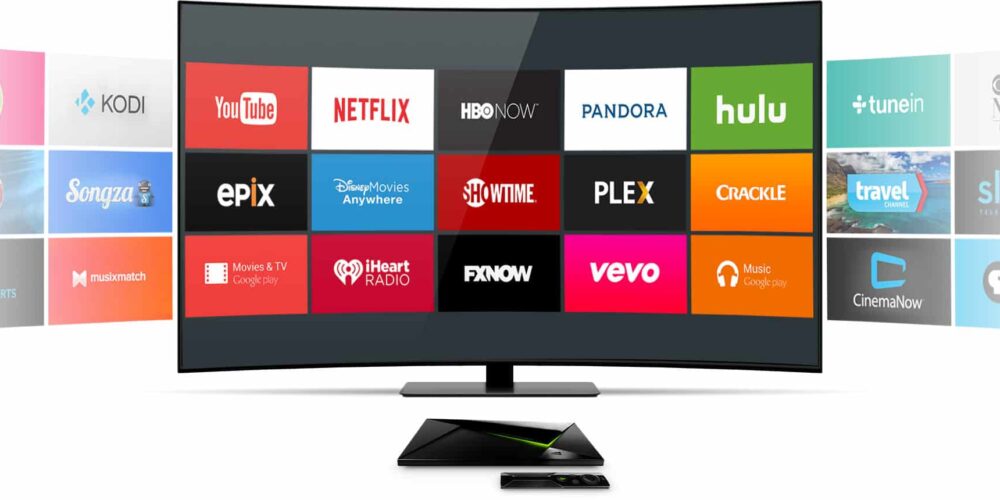The “epic” battle being waged—or rather being reported on in the corporate entertainment press—is between streamers and cinemas, or between various streamers. However, this is a battle now being fought not just in the United States—Netflix is already losing American subscribers to its rivals Disney+ and HBO Max—but throughout the world. Only through global subscriptions can these companies, most of which have run up huge debt, stay one step ahead of their creditors.
It is also through global profits that the companies, most now flush with cash but with the pressure of debt and increased competition always looming, can outmanoeuvre any single country that attempts to compete.*
In the United States these companies are private, but in the rest of the world complicated systems of financing of film and television, and increasingly of alternative streaming services, usually feature a healthy amount of government funding. This funding in many cases helps account for more progressive and socially imbricated films and programmes.
So this battle for the soul of popular media is actually between neoliberal, utterly profit-driven conglomerates and national governments and individual creators who are attempting to retain some shred of their own culture and potentially to address problems endemic to them.
More and more, though, the power of the American streamers is forcing national films and television series to dilute their content in order to also reach a global audience, which they now also increasingly need in order to compete.
These limitations aside, Netflix and the other American streamers following in their wake are adept at outmanoeuvring local producers and governments, with examples abounding in Britain, Italy, Australia, and Spain.
In Britain, where the steamers Britbox (a combination of the programming of British public and private channels) and BFI Player attempt to counter this influence, “the Red Devil from Los Gatos”—as Netflix is sometimes described on the Continent—early in its run employed in Britain nine hundred engineers, a huge number and comparatively, in terms of Europe, “more than any channel in France can mobilise.” British regulators are also incensed about a Netflix button on the standard remote control of any television, so that viewers can bypass British public television and go right to streaming.
In Italy the government is watching its industry being outflanked, thanks to its extremely generous 30 per cent tax rebate for streaming service shooting, which results in some temporary job creation but no sharing of residuals. The Italian pay-on-demand channel Chili is now giving Apple iTunes a run for its money in Italy, but partially because it has cash from the American rivals Warner Brothers, Fox, and Disney, which are attempting to outflank Apple.
Government attempts to stem the tide
Governments and national film and television industries are beginning to realise that their own films and series will be swept aside if this onslaught continues unabated. In Australia there is now an attempt to address an imbalance where the local streamer Stan is required to give over half its time to Australian programming, but the foreign global streamers are under no such restriction. One proposal would require that any streamer with more than 500,000 subscribers invest 20 per cent of its profits in the Australian film and television industry.
South Korea, the Asian leader in television series, in attempting to withstand a Netflix investment of $500 million in the industry, wants to charge the other streamers and Netflix—which plans on extensive production in the country, as it has already leased two studios near Seoul—“network fees,” so that they contribute to supporting local television.
France has perhaps the most extensive system of protection but still seems stuck in the cinema model only, as none of its films were released to streamers during the year-long lockdown and now have come barrelling into cinemas at the same time as new restrictions, including a fifty-person-per-screen limit.
France has the largest investment requirement and is now negotiating with Netflix, asking for 25 per cent of its French income to be reinvested in French production, along with the Netflix one-time down-payment being replaced by rights-sharing. In return the country would relax its three-year restriction of a Netflix film in cinemas and allow Netflix films to play on television in one year.
The streamers, and their attack on the last vestiges of social responsibility and media sovereignty, are the ultimate expression of the neoliberal ethos, globally plundering the world, with weakened governments now barely able to react. The answer, as the effect of the neoliberal system—which is endless and increasing poverty and precariousness—becomes more apparent, is a new organisation of civil, social and governmental society in which the natural tendency of creators, supported by governments and thus freed from the dreadful imperative of the profit motive, can begin to truly look around them and put on display the ravages of this system.
In the end, telling the truth will be the most effective counter to global corporate palliatives to power that, in the ever-worsening situation that threatens us all, still go under the misnomer “entertainment.”
*See Dennis Broe, Diary of a Digital Plague Year: Coronavirus, Serial TV and the Rise of the Streaming Services (Pathmark Press, 2021).
■ Dennis Broe, who has taught television studies at the Sorbonne (University of Paris), is the author of Maverick, or How the West Was Lost (2015) and Birth of the Binge: Serial TV and the End of Leisure (2019).






